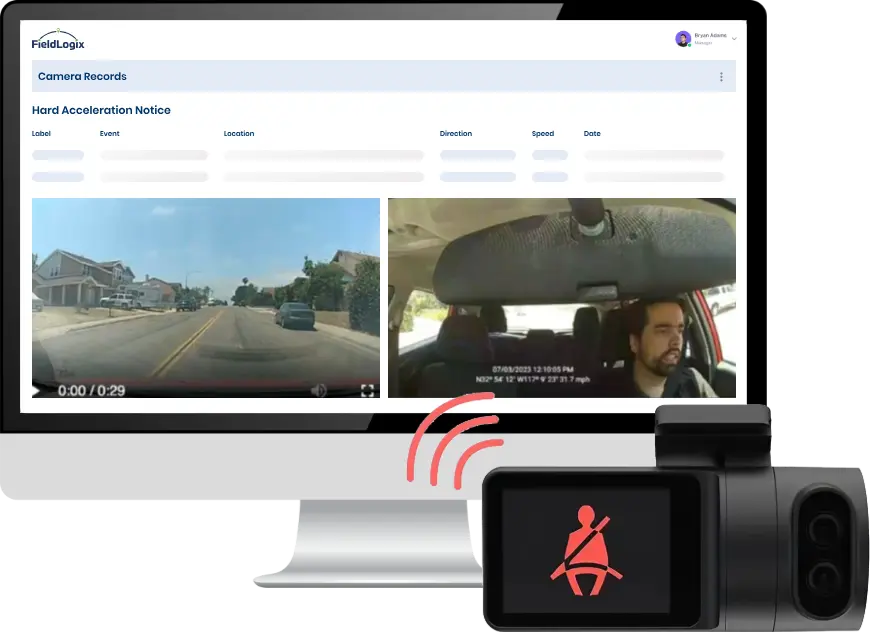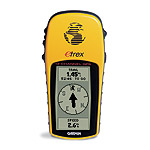Garmin Announces Launch of Rino Handheld Radio With GPS System
garmin rino gps system radioGarmin International Inc., a unit of Garmin Ltd. (NASDAQ:GRMN), the global leader in satellite navigation, just announced the redesigned and upgraded Rino 610, 650 and 655t. If you are a hunter, skier, hiker, or any other type of outdoor enthusiast – and like to venture out into the great unknown, then the all-new Garmin Rino handheld two-way radios integrated with GPS may be perfect for you.
If you put yourself in a potential survival situation, then you have to have a reliable communication device – no questions asked. You’ll also want to have the ability to quickly locate other persons in your party when traveling in a group, so they have a way to notify authorities and tell them where you are, in case of an emergency. If you ever saw the movie “127 Hours” starring James Franco, you’ll know exactly what I’m talking about.
If a friend also has a Rino then you can set it up so that you can see where the other person is via the GPS tracking system. An icon will flash showing the person’s name, location and any other information that they allowed to be public. This is extremely important when forming a network of fellow outdoor enthusiasts. You can also send unit-to-unit text messages to other Rino users in your area – it’s ideal for loud or windy conditions, or just when you don’t want to disturb the wildlife.
The Garmin GPS device also gives you the ability to store up to 1000 locations and save them onto the memory card. It also lets you save many waypoints, aka intermediary locations. For example, when hiking and you make a turn to start heading into another direction, you should record your waypoints. In case you decide you need to backtrack, the Garmin GPS system will take you right back to your last waypoints.












